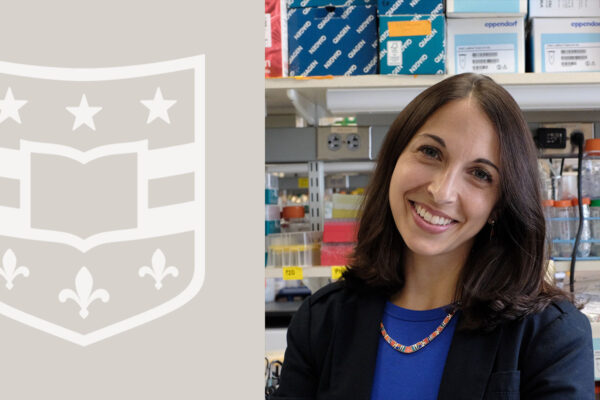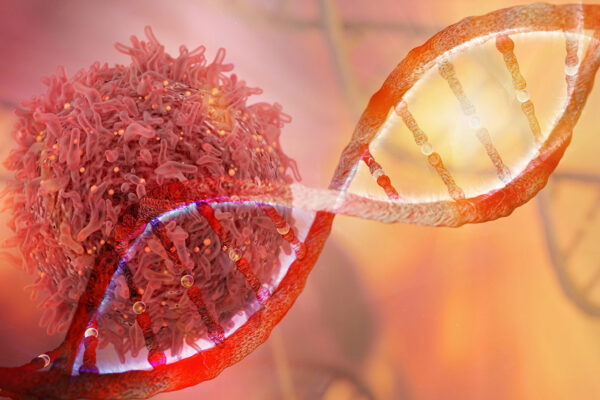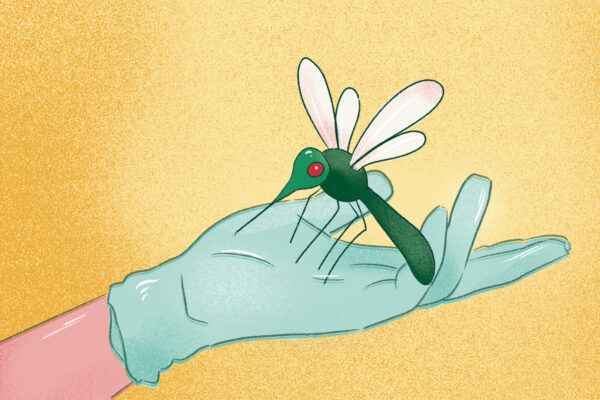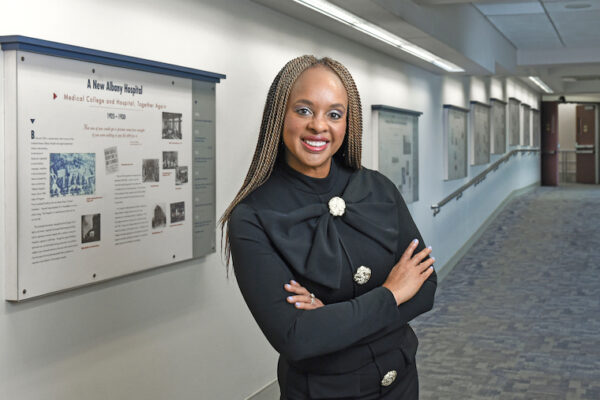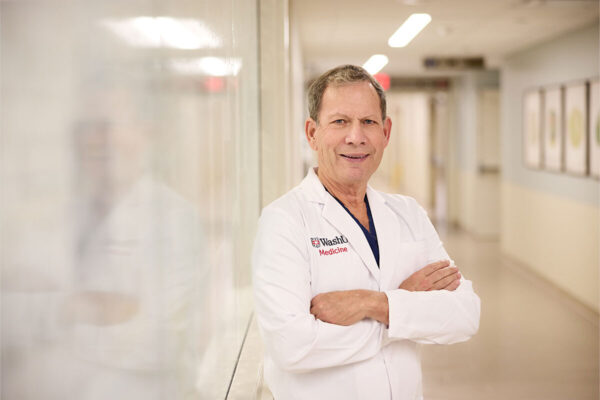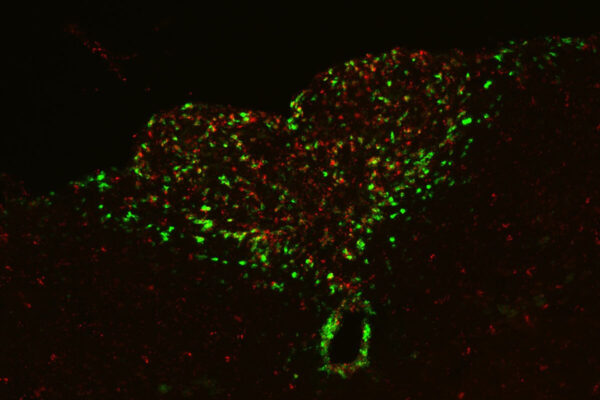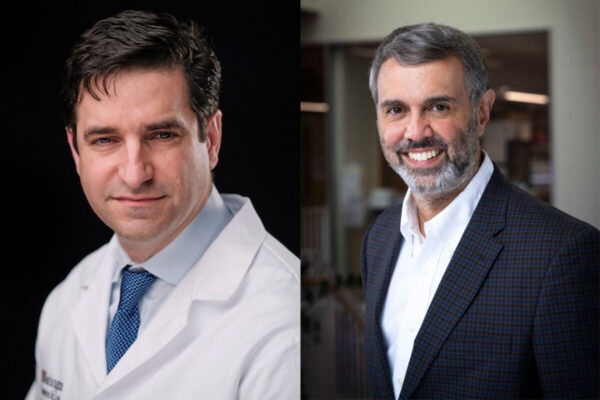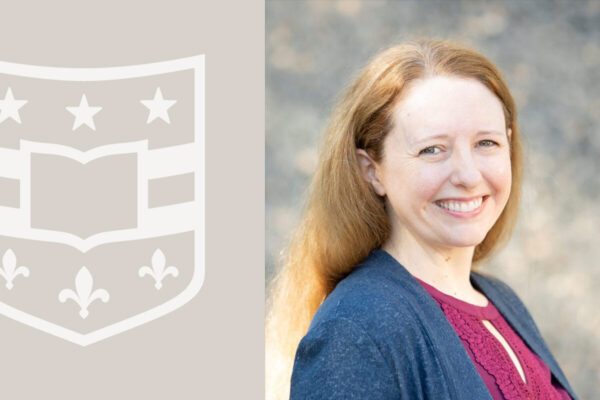Brad Warner, professor of pediatric surgery, 66
Brad Warner, MD, a beloved pediatric surgeon and researcher at Washington University School of Medicine who specialized in gastrointestinal surgery in children, died at his home Friday, April 4, 2025. He was 66.
Pollina honored for innovations in neuroscience
Elizabeth Pollina, an assistant professor of developmental biology at WashU Medicine, has received the 2025 MIND Prize from the Pershing Square Foundation.
Study sheds light on how inherited cancer mutations drive tumor growth
A new study led by WashU Medicine researchers takes a deep dive into inherited genetic mutations. The findings have implications for determining an individual’s inherited cancer risk and informing potential new strategies for prevention, early detection and treatment.
Passionate about supporting WashU
Great medical school mentors shaped Jay Kaiser’s career as a radiologist. Now, he and his wife make sure other aspiring physicians can have the same experience.
Preparing for future pandemics
Two new grants support efforts at WashU Medicine to design vaccines, drugs for understudied virus families.
A compassionate leader unties the knots of health care
As a health-care executive, alumna KMarie King, MD, follows a set of principles: ‘Be kind, have integrity and the patient comes first.’
Alternative to hip replacement keeps aging athletes in the game
WashU Medicine surgeons led a long-term study that showed patients who received a hip resurfacing procedure maintained a higher level of athletic activity years after their surgery than those who received a total hip replacement.
Brain pathway links inflammation to loss of motivation, energy in advanced cancer
Researchers at WashU Medicine described, in mice, a brain pathway that connects the loss of motivation characteristic of advanced cancer to cancer-related inflammation and identified opportunities to block this pathway and restore motivation.
Leuthardt, Mitra selected as AIMBE fellows
WashU Medicine’s Eric C. Leuthardt, MD, and Robi Mitra, PhD, have been named fellows of the American Institute for Medical and Biological Engineering.
Baldridge receives Global Grant for Gut Health award
Megan Tierney Baldridge, MD, PhD, an associate professor in the Department of Medicine at WashU Medicine, received a $100,000 grant to explore the interactions between the viruses that infect bacteria, known as bacteriophages, and human intestinal epithelial cells.
View More Stories

